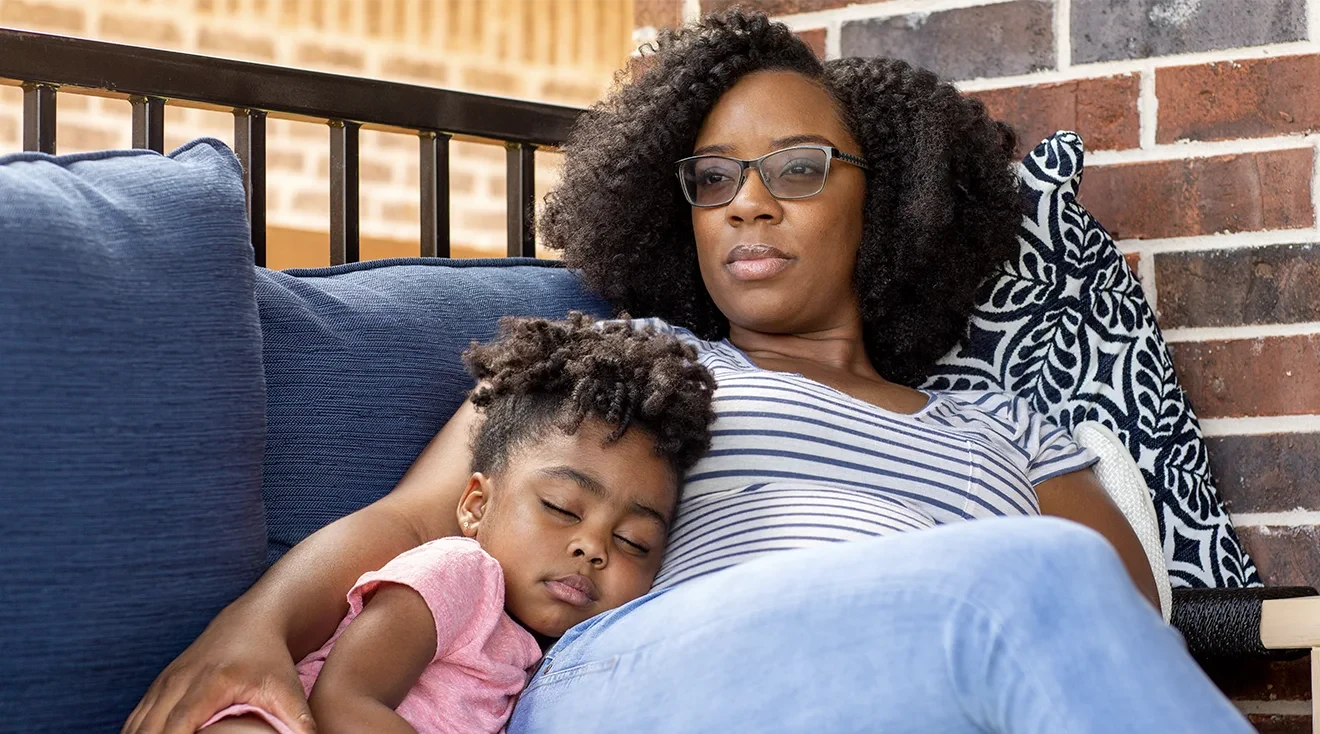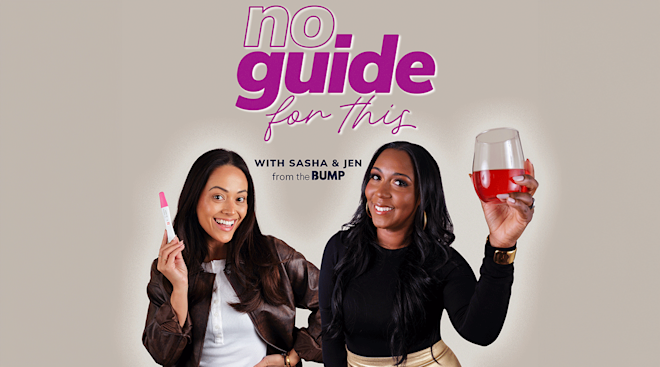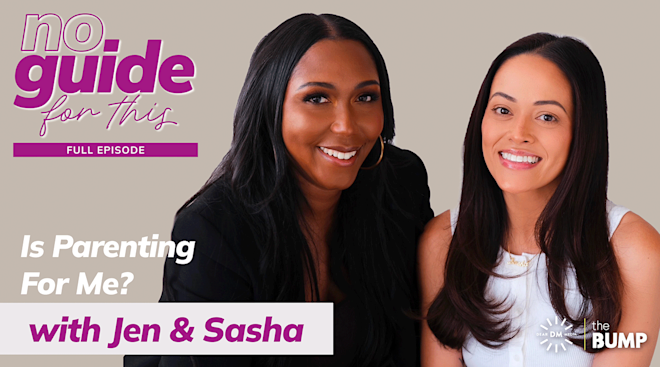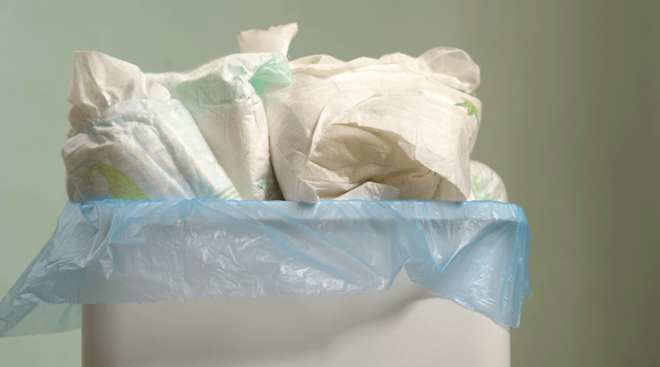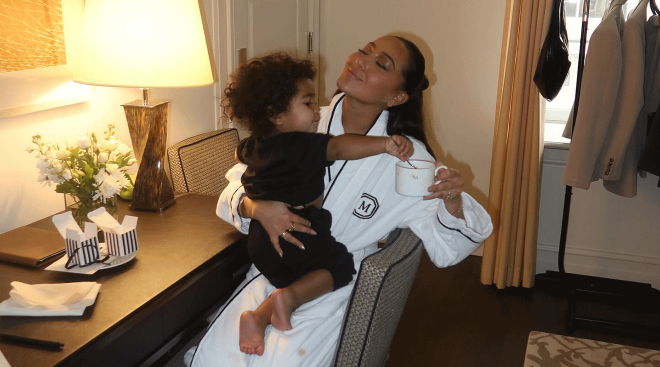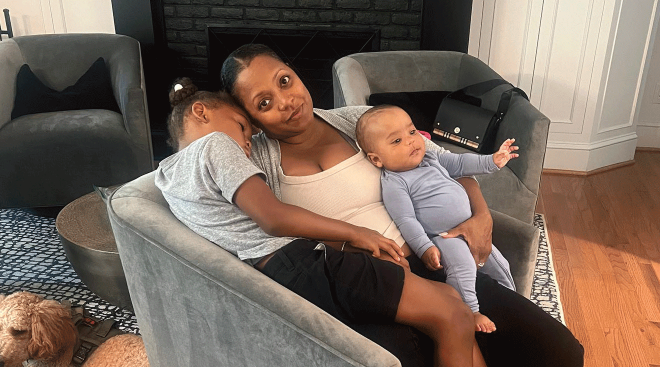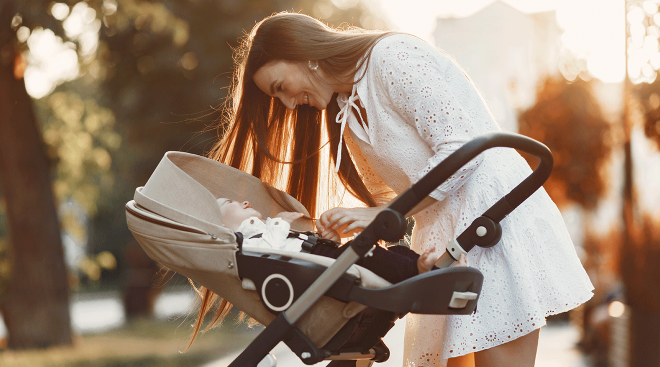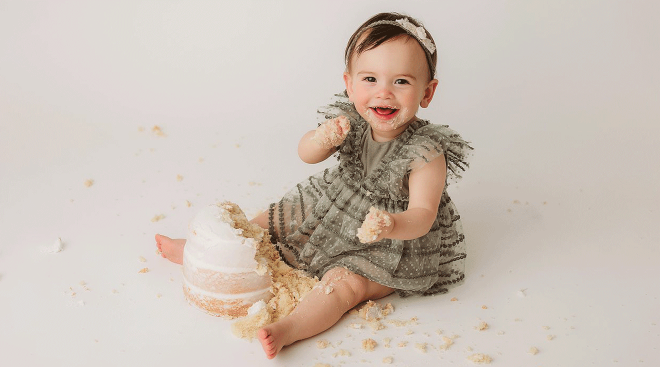8 Habits That Are Exacerbating Your Anxiety as a Parent
Parenting is, in and of itself, anxiety-inducing. You have tiny, helpless people depending on you every waking moment of the day. Fulfilling their wants and needs becomes your all-consuming focus, and the stress can be wearing. It’s no wonder you push through the angsty ups and downs with the help of a few creature comforts (we’re looking at you, coffee and wine!). But some habits can actually exacerbate your anxiety, elevate your nerves and hinder your ability to parent with a cool head and even-keeled temper. Ready to evaluate your lifestyle and cut out a few less-than-productive vices? Read on for expert tips and a few healthy suggestions.
We get it, your morning coffee gives your hope and courage. It helps you face the endless list of responsibilities, and gives you the strength to wake a whiny toddler and calm a colicky newborn. That first cup can feel life-affirming—but your second, third and fourth aren’t doing you any favors.
Excessive caffeine intake can cause physical symptoms similar to those of anxiety, so over-indulging in coffee isn’t fueling your body, it’s fueling the fire. “You may feel a racing heart, jitteriness, acidic stomach and busy thoughts, which can lead you to believe you’re feeling extra anxiety, versus a caffeine hit,” says Christine Furnival, LPCC, a licensed mental health therapist and parenting blogger in California. “This can impact how you feel when watching your kids.”
Moderation is key. Savor that initial serving, and then switch to decaf. Better yet, stick with water. It won’t give you the signature buzz you’re used to, but it’ll keep you hydrated and satisfy your need to sip throughout the day.
“Eating scraps off your kids’ plates or not eating at all isn’t allowing you to take in the nutrients you need,” says Renée Goff, PsyD, PMH-C, a licensed clinical psychologist and owner of Orchid Wellness & Mentoring in Cincinnati, Ohio. “It puts your blood sugar on a roller coaster, and your emotions can go right along with it,” adds Furnival.
A sit-down meal might not be in the cards, but a quick grab-and-go sandwich or a hearty protein-packed snack can take the edge off—because the last thing you want to be when you’re parenting young kids is hangry.
No one’s knocking your end-of-day glass of wine. Ceremoniously sipping on a nice Cabernet can help you unwind after a full morning, afternoon and evening of hard-core parenting. But when drinking becomes a daily necessity, or it habitually doesn’t end with just one, it can become more problematic than productive. For starters, you have kids to take care of: “It makes sense that heavy or regular drinking isn’t a great cocktail for parenting success, as you frequently need to be on your toes with little ones,” says Furnival.
While one beer, cocktail or glass of wine may decrease stress, excessive drinking can actually exacerbate anxiety, notes the Cleveland Clinic. Moreover, alcohol can also mess with your sleep cycle, leaving you more physically and emotionally drained. Finally, imbibing isn’t a long-term solution for anxiety, it’s a band-aid. Finding more sustainable coping mechanisms will help you not just survive but thrive.
Put down the phone—it’s called “doomscrolling” for a reason. It’s easy to get sucked into the rabbit hole that is social media, and it can paint a totally false narrative of what parenting life should look like, leaving you feeling inadequate and even depressed. “It often perpetuates the notion that other parents are somehow doing things with more ease or better than you are,” says Aparna Iyer, MD, a psychiatrist in Frisco, Texas. “Even if we can intellectually understand that this isn’t the case, our emotions can get the best of us, and the tendency to compare ourselves to others (even when we don’t see the whole story) can really hurt our emotions and cause us to feel stress.”
It’s an ugly pattern: Wake up utterly exhausted, grind through the day, stay up into the wee hours and repeat.
It’s natural to want some quality alone time to decompress at the end of the day. Once the kids are in bed, you can finally veg out and relax. But if an hour or two of chilling quickly turns into an all-night affair, you’re going to pay for it in more ways than one. “We’ve all done it! We’re denying ourselves good quality and quantity sleep, and we’re doing ourselves (and our kids) a disservice,” says Furnival. “Sleep allows our brain and body to regenerate, process and recover, and if we’re hampering this time of healing, we’ll be worse for the wear. This isn’t ideal for parenting,” she adds. And nothing feeds your anxiety like sleepless nights and the knowledge that you’re going to feel just as tired and crumby tomorrow as you do today.
Exercising releases feel-good hormones—so regularly working out is a great way to lower your stress, says Furnival. Carving out the time to fit it in, though, can be a significant obstacle to overcome. And with so many other pressing obligations that can’t wait, exercise is often the first thing to go.
But it’s important to remind yourself that an object in motion stays in motion; moving your body will keep you energized, and help you push forward through the everyday stressors of parenting. “The more you move your body in whatever way is best for you, the better able you’ll be to release the stress from your body. It doesn’t have to be intense either, like running or spin class. Any movement is good,” says Goff.
You have the best of intentions every time you schedule a girls’ night, fishing trip or some sort of sans-kids social outing. But when push comes to shove (your toddler has a fever! the dishes are piling up! your usual babysitter can’t make it!), you end up bailing at the last second. “It’s easy to cancel on friends, especially friends with kids because they ‘get it.’ But constantly canceling plans with friends can have a negative impact, like increasing feelings of isolation,” says Goff. “A solid social support system and taking the time to build and maintain relationships is important for your mental health and identity. You need that time and space to get away, connect, vent, learn or do new things and have conversations with adults,” she adds. Time spent with people you care about reduces stress and refills your cup, so have a backup sitter on call next time—just in case.
As parents, we tend to put ourselves last. We focus so hard on fulfilling our children’s wants and needs that we neglect our own. You might not even realize you’re doing this, but the next time you pee with an audience—or forgo a potty trip altogether while nap-trapped by an infant—acknowledge that you’re giving up a basic physiological need for the happiness of your child.
“When you have no time for yourself and no outlet, it can decrease your frustration tolerance or make you withdraw—all leading to more stress,” says Goff. So if you need a moment while your toddler is wailing about Paw Patrol, take a breath, walk away and—for goodness sake—go to the bathroom by yourself. Better yet, take regular breaks and prioritize your own wants, needs and goals. “We deserve it,” says Furnival. “And our children deserve to see us taking time for ourselves. It’s great self-care as well as great modeling.”
About the experts:
Christina Furnival, LPCC, is a licensed mental health therapist and parenting blogger in California. She earned her master of science in professional counseling at Lipscomb University.
Renée Goff, PsyD, PMH-C, is a licensed clinical psychologist and founder of Orchid Wellness & Mentoring in Cincinnati, Ohio. She received her doctor of psychology from Wright State University in Dayton, Ohio.
Aparna Iyer, MD, is a board-certified psychiatrist in Frisco, Texas. Her work is focused on women’s health, particularly around pregnancy and postpartum mental health.
Please note: The Bump and the materials and information it contains are not intended to, and do not constitute, medical or other health advice or diagnosis and should not be used as such. You should always consult with a qualified physician or health professional about your specific circumstances.
Plus, more from The Bump:
Navigate forward to interact with the calendar and select a date. Press the question mark key to get the keyboard shortcuts for changing dates.

































